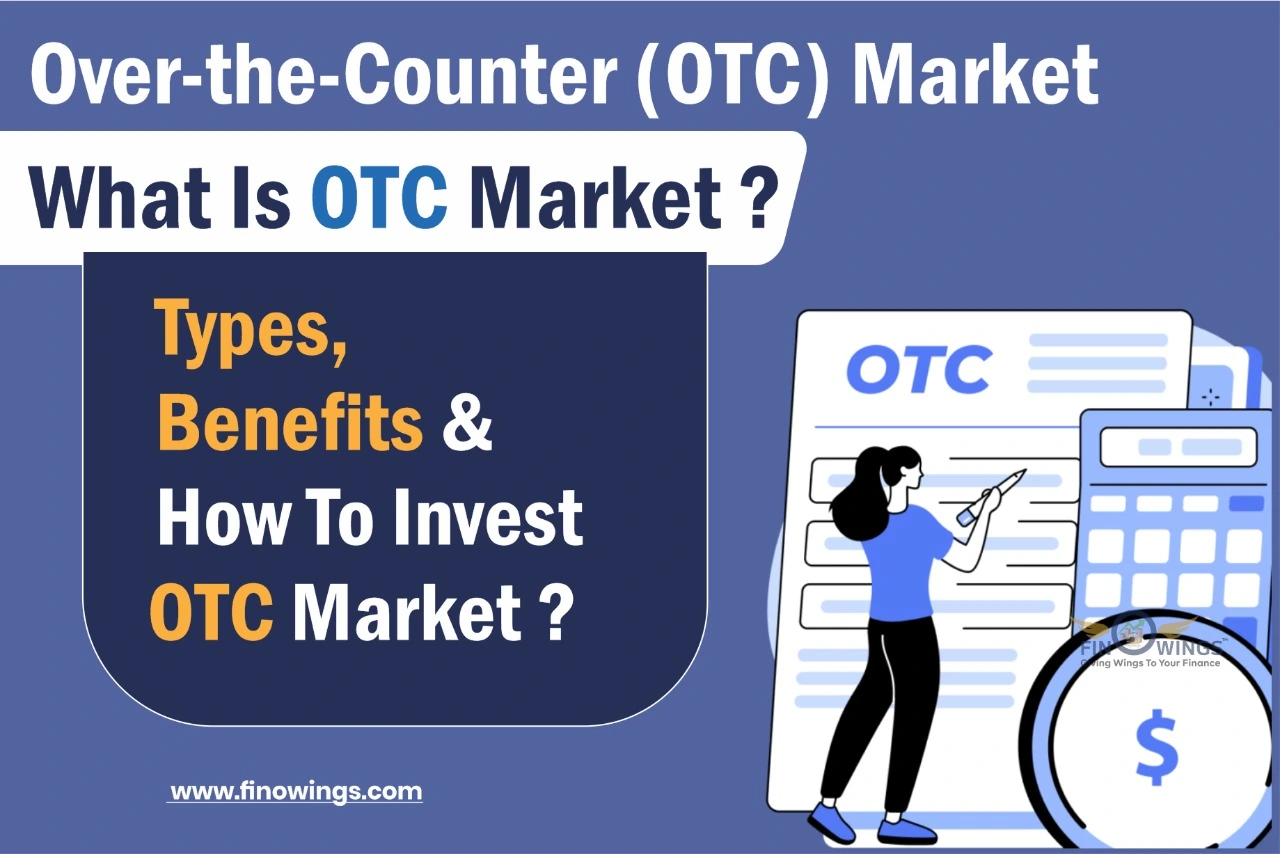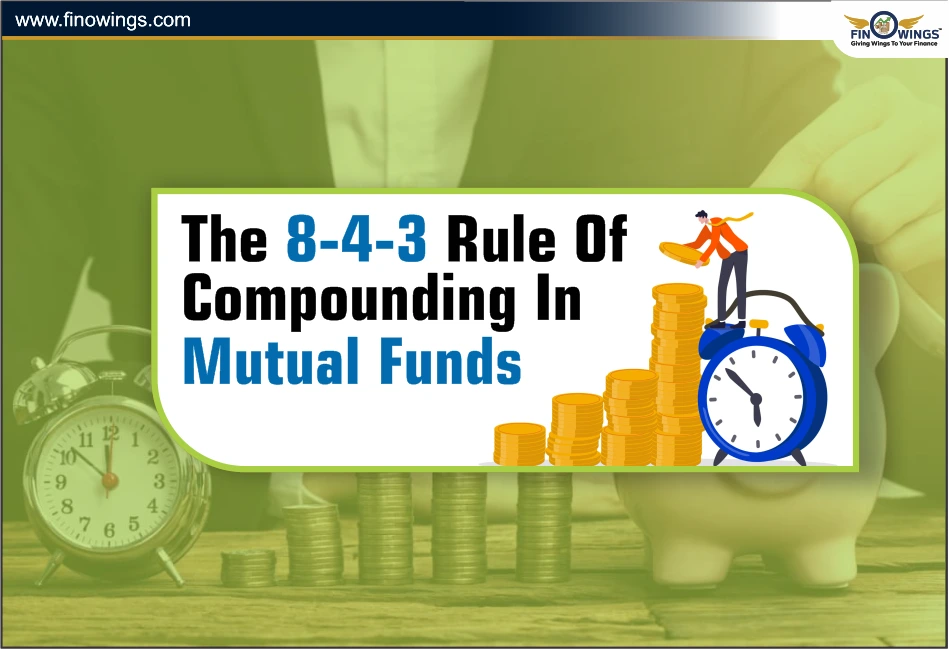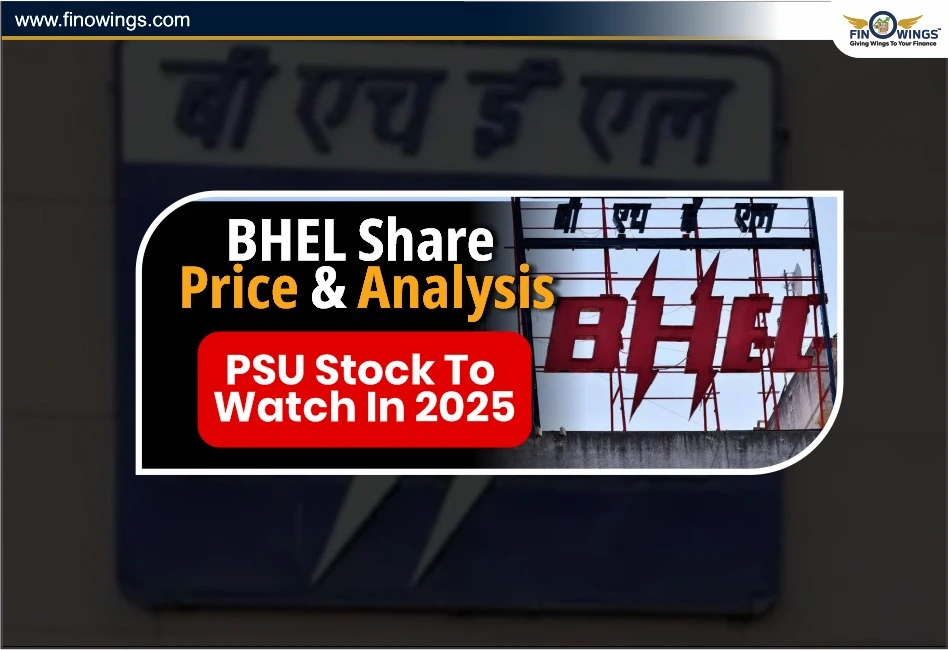Home >> Blog >> Over-the-Counter: Trading Securities Secrets Traders Must Know
Over-the-Counter: Trading Securities Secrets Traders Must Know

Table of Contents
Introduction
The over-the-counter market is a stock market version in which the owner directly sells the shares. It is a process in which financial instruments, such as stocks, bonds, etc., are directly traded between the two parties. There is an absence of a public stock exchange in the over-the-counter market. It means that the stocks traded in an OTC market belong to smaller companies that do not meet the eligibility criteria to be listed on the public stock exchange.
Investing in over-the-counter securities has various benefits, such as access to top-growing companies. Another significant advantage is that the prices of securities over-the-counter are much lower than those of public exchange. However, there are various things that we must keep in mind before investing in OTC securities. Read the complete article to know about the working of over-the-counter, the associated risks, and so on.
1. Understanding Over-The-Counter Market
An OTC market is decentralized in which stocks, currencies, and commodities are traded between the two parties without intermediaries or brokers. Trading in the OTC market is done electronically and not physically.
The sellers in an OTC market set the price of the securities they are willing to send; therefore, they are the price-makers of the market. As a result, the price at which the deal is closed usually remains between the two parties, and the public is unaware of the price.
There are fewer rules and regulations attached to the OTC market; therefore, it is less transparent than the exchange board. Due to this reason, the liquidity in the over-the-counter market comes with a premium.
The OTC market usually traded for securities, stocks, commodities, currencies, and derivatives. In addition, equities are also traded in the over-the-counter market, such as OTCQX, OTCQB, and OTC Pink marketplaces. The Financial Industry Regulatory Authority regulates OTC markets.
1.1 Working Of an Over-The-Counter Market
The OTC market is used for trading securities not listed on the stock exchange board. More than 12000 securities are listed on the stock exchange, including stocks, derivatives, commodities, bonds, and exchange-traded funds. However, like other traditional exchange boards like New York Exchange Board, the OTC market has no such physical location. Instead, all the trading between two parties is done in a decentralized market in an electronic mode.
The companies can sell their shares to the public even though their securities are not listed with the major stock exchanges. For an investor, there may be no difference between securities buying from an OTC market and buying exchange-listed securities, as their entire process is almost the same. The stocks of the companies available to be sold are resembled by a particular symbol and can be traded through online brokers.
The OTC market acts as the default exchange board market for securities like corporate bonds. It is also an essential trading source for companies that still need to meet the basic eligibility requirements, such as monthly trading volumes or the number of shareholders, to be listed on the stock exchange. However, some companies remain in the OTC market by choice rather than obligation because they want to avoid paying the listing fees and remain free from any listing regulations.
2. OTC Market VS Stock Exchange
The significant differences between the over-the-counter market and the stock exchange are discussed below –
-
Trade exchange refers to the market in which organizations or institutions host the companies whose stocks are listed on the exchange board and are traded between buyer and seller. On the other hand, over-the-counter is a decentralized market in which a buyer looks for a seller or vice versa. They communicate on a digital platform such as a computer network or a phone.
-
In a stock exchange, the prices of shares are determined by the market forces of demand and supply. Whereas in the case of the over-the-counter market, the dealers act as the price makers and decide the price of the commodities they will sell to the intending buyers.
-
The large companies who want their stocks to be listed on the board chose the option of trading their shares through the exchange board, and the companies that are comparatively smaller in size and do not want to follow the board's guidelines opt for the over-the-counter market.
-
One of the major differences between the exchange board and an OTC market is that the board has a physical presence, but everything is performed digitally in the OTC market.
-
In an exchange board, trading can only be done during business trading hours, whereas, in an OTC market, trading is allowed to be done 24x7.
-
The exchange board provides more transparency than an OTC market because the investors have complete knowledge and information about the securities being traded. On the other hand, the OTC market offers less clarity as it needs to follow board regulations.
3. Types of OTC Markets
All the securities traded in an OTC market differ even though fewer rules are attached to the over-the-counter market and do not have to provide much information regarding their stocks.
The largest electronic marketplace of OTC securities, the OTC market group, distinguishes the securities based on tier and the quantity and quality of the securities that the companies report.
These groups of securities indicate the amount of information that the companies provide. The three major groups of securities, as stated by the OTC market group, are as follows –
-
The Best Market (OTCQX) – These are the securities of companies that follow strict regulatory guidelines. These companies include reputable and well-established companies that have high financial benchmarks.
-
The Venture Market (OTCQB) – The companies in the venture market are lenient in following the guidelines compared to the best market. These companies are new in the market and are at their growing and developing stage. However, it must be noted that these companies are not at the bankrupt stage.
-
The Pink Market – This is the riskiest OTC market. The companies that follow this market provide the least information to their investors and follow almost no guidelines issued by the security and exchange commission. It is an open market where penny stocks are sold. The companies facing financial distress chose this market to sell their securities. Due to fewer guidelines and information, this market lacks a quality control system and is prone to fraudulent activities.
4. Benefits of an OTC Market
Some of the benefits of the over-the-counter market are as follows–
-
Small businesses can benefit from an OTC market as they don't need to follow the guidelines to list their company on the stock exchange. The businesses can also benefit from lower financial and administrative expenditures.
-
OTC markets can also be used for business operations leverage, trading risk transfer, and hedging.
-
OTC markets provide high flexibility as the companies are not bound to follow a strict set of rules like exchange derivatives.
-
OTC markets can act as a strong base for smaller companies that cannot afford high exchange fees.
5. Risks of Trading in an OTC Market
In addition to the benefits offered by OTC markets, there are risks attached to them which are discussed below –
-
Volatility – The securities in the over-the-counter market may face huge price swings due to lower trading volume.
-
Lack of Transparency – The companies that use the OTC market for trading may provide false or incomplete information to the investors that do not provide transparent management.
-
Lower Liquidity – It is possible that most of the stocks of a particular company traded through an OTC market do not have much demand. In that case, selling the securities would become difficult.
-
Lack of Oversight – The companies of an OTC market do not have any obligation to follow the regulations of the stock exchange board.
5.1 Is OTC Market a Safe Option for Trading?
-
The over-the-counter market is considered a riskier option for trading as it is not regulated by any board and has more lenient reporting requirements.
-
The stocks of an OTC market are considered ideal for speculation since they have a lower share price.
-
Over time, some of the stocks of the OTC market move toward being listed on the exchange board. In that case, such stocks can appeal to investors searching for long-term investment options.
-
Before investing in any securities, it is crucial to study the pros and cons of such investments. Therefore, you must research well about the stocks and companies you are willing to invest in reliable sources.
Final Thoughts
Trading in an OTC market is a challenging task for everyone. It needs patience and courage. The security and exchange board also warns investors about the high illiquidity of OTC stocks. In addition, you must understand that over-the-counter is a kind of manipulative market and may even generate negative results.
If you are a person who follows a conservative approach to investing, then it is advised for you to stay away from it. But, if you are a keen learner, patient, and want to try something new, you can give it a go. We hope this article has explained all the relevant details regarding the over-the-counter market. You can also consult Finowings for more such informational blogs.
Frequently Asked Questions
OTC market is a place where securities are traded that are not listed on any stock exchange.
The three types of OTC markets are OTCQX, the OTCQB, and the Pink market.
Any share, currency or any other instrument that is not listed on the exchange board and is bought directly from the dealer is an example of OTC.
Yes, it is a safer option if traded through a reputable broker and major online platforms such as OTC market platform.
















